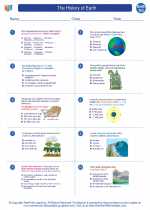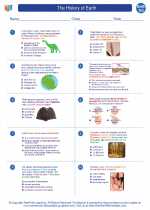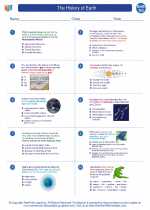Decomposition Reactions
Decomposition reactions occur when a single compound breaks down into two or more simpler substances. This type of reaction is the opposite of a synthesis reaction, where two or more substances combine to form a single compound.
General Equation
The general equation for a decomposition reaction is:
AB → A + B
Where AB is the compound that decomposes, and A and B are the simpler substances formed as a result of the reaction.
Examples
Some common examples of decomposition reactions include:
1. Decomposition of water:
2H2O → 2H2 + O2
2. Decomposition of calcium carbonate:
CaCO3 → CaO + CO2
3. Decomposition of hydrogen peroxide:
2H2O2 → 2H2O + O2
Factors Affecting Decomposition Reactions
The rate of decomposition reactions can be affected by several factors, including:
- Temperature
- Concentration of reactants
- Presence of a catalyst
Study Guide
When studying decomposition reactions, make sure to focus on the following key points:
- Understand the general equation for a decomposition reaction.
- Be able to identify examples of decomposition reactions and balance their chemical equations.
- Learn about the factors that can affect the rate of decomposition reactions.
- Practice applying the concepts of decomposition reactions to solve problems and scenarios.
Remember to review your class notes, complete practice problems, and seek help from your teacher or tutor if you have any difficulties understanding the topic.
Good luck with your studies!
.◂Earth Science Worksheets and Study Guides High School. The History of Earth

 Worksheet/Answer key
Worksheet/Answer key
 Worksheet/Answer key
Worksheet/Answer key
